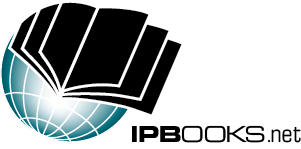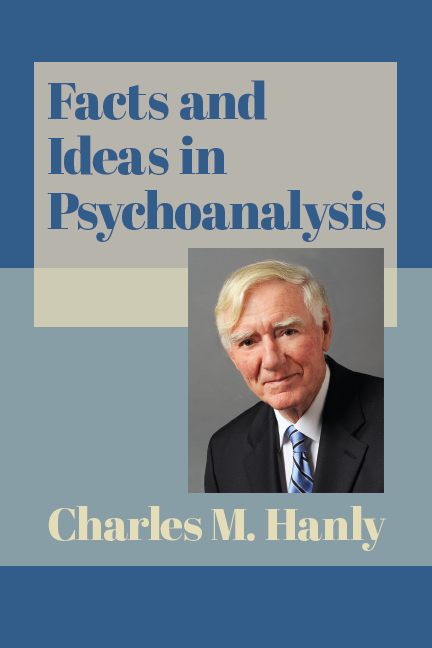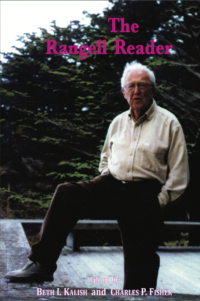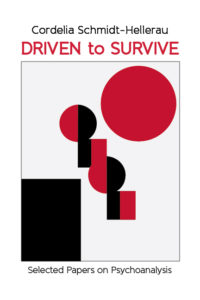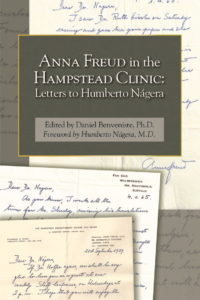Facts and Ideas in Psychoanalysis by Charles Hanly
$35.00
“What do we know, and how do we know it? What are the limits of knowing, and how can we self correct to adjust for them? These questions, even when unthought, shape how we think, how we live, and inexorably how we practice in the immediacy of each analytic moment. From his lifetime of relentless curiosity and deep immersion in both the laboratory of clinical psychoanalysis and the academe of philosophy, Charles Hanly brings refreshing clarity to our struggles with evidence and truth, individuality and relationalism, emotions and ethics. And he does all of this with a rare lucidity, making this profound study engaging to read as well as valuably enlightening to learn. Full Michelin stars—Well worth the journey.” —WARREN S. POLAND, MD, author of Intimacy and Separateness in Psychoanalysis
“This brilliant book on psychoanalysis—a treasure of psychoanalytic and philosophical insight—is arguably our most sophisticated work to tackle what is perhaps the deepest problem bedeviling our field (and human sciences generally): how to settle competing, contradictory theoretical claims within the field. There are, broadly, two different views on how to proceed. The first view claims that theories must be scientific, and thus correspond to “the facts,” and that the facts are primary, and they determine the best theory. This is a call for empiricism, in which “the facts” decide between theories. The second view argues there is a problem with the first view: there are many facts in life, and our theories predispose us to select which facts we attend to, and even determine what constitutes a relevant “fact.” In this view, theory is primary. What matters is that the theory is internally coherent and appealing to the individuals using it—in terms of it being consistent with other theories, addressing questions of interest, even on aesthetic, or increasingly today,
social grounds. This more relativistic view undermines the idea that there are determinative facts, and sees the resort to empiricism as a naïve enterprise. But this view is not without problems. Patients come to analysts suffering. This suffering, for them, is a central “fact” of their lives. In response, analysts represent themselves to patients as able to, in fact, provide help. So the empirical question, “Are some of the different approaches, in fact, better than others therapeutically?” won’t go away. The answer affects what we say to our patients, what we teach, and whether analysis is, as Freud thought, a science, or not. No one, to my knowledge has thought through this problem more deeply and constructively in psychoanalysis than Charles Hanly. His thought is distinguished by probity, clarity, and his writing is accessible, elegant, and rooted in clinical and philosophical depth. Hanly makes the strongest case I know of that while Freud recognized that our theories (even our childhood theories) can determine what we notice as fact, the goal must always be to clinically test if a particular intervention is therapeutic, and this means correspondence theory and empiricism must remain central to psychoanalysis. A—NORMAN DOIDGE, MD, FRCPC, Training and Supervising Analyst, Toronto Institute of Psychoanalysis, author of The Brain That Changes Itself
Contents
Preface………………………………………………………………………………………..ix
I Issues in Psychoanalytic Epistemology
1. A Problem of Theory Testing………………………………………………3
2. Inductive Reasoning in Clinical Psychoanalysis ………………….31
3. Clinical Advantages and Disadvantages of Multiple Models….51
4. On Facts and Ideas in Psychoanalysis…………………………………77
5. Some Case Material Bearing on the Question of a Unitary
Psychoanalytic Theory……………………………………………………..93
6. Commentary on Unitary Theory………………………………………111
7. The Third: A Brief Historical Analysis of an Idea……………….123
8. The Interplay of Deductive and Inductive Reasoning in
Psychoanalytic Theorizing……………………………………………….151
9. Skeptical Reflection on Subjectivist Epistemologies……………175
II On Truth
10. The Concept of Truth in Psychoanalysis……………………………203
11. Pragmatism, Tradition, and Truth in Psychoanalysis……………223
12. On Truth and Clinical Psychoanalysis………………………………249
III On Relational Psychoanalysis: A Critique
13. The Unconscious and Relational Psychoanalysis…………………269
14. Response to Rachel B. Blass, “On Winnicott’s Clinical
Innovations in the Analysis of Adults”………………………………291
viii
FACTS AND IDEAS IN PSYCHOANALYSIS
IV On Psychoanalysis and Philosophy
15. Phenomenology, Consciousness, and Freedom …………………..299
16. Emotion, Anatomy, and the Synthetic A Priori …………………329
17. Instincts and Hostile Affects ………………………………………….351
18. Logical and Conceptual Problems of Existential Psychiatry…371
19. Psychic Determinism Revisited: Dr. Hanly’s Rejoinder
to Drs. Tormey, McHugh, and Miller ………………………………409
20. Psychoanalysis and the Foundations of Morality ……………….415
21. Ideology and Psychoanalysis …………………………………………..437
22. Reflections on Feminine and Masculine Authority:
A Developmental Perspective …………………………………………455
In stock
